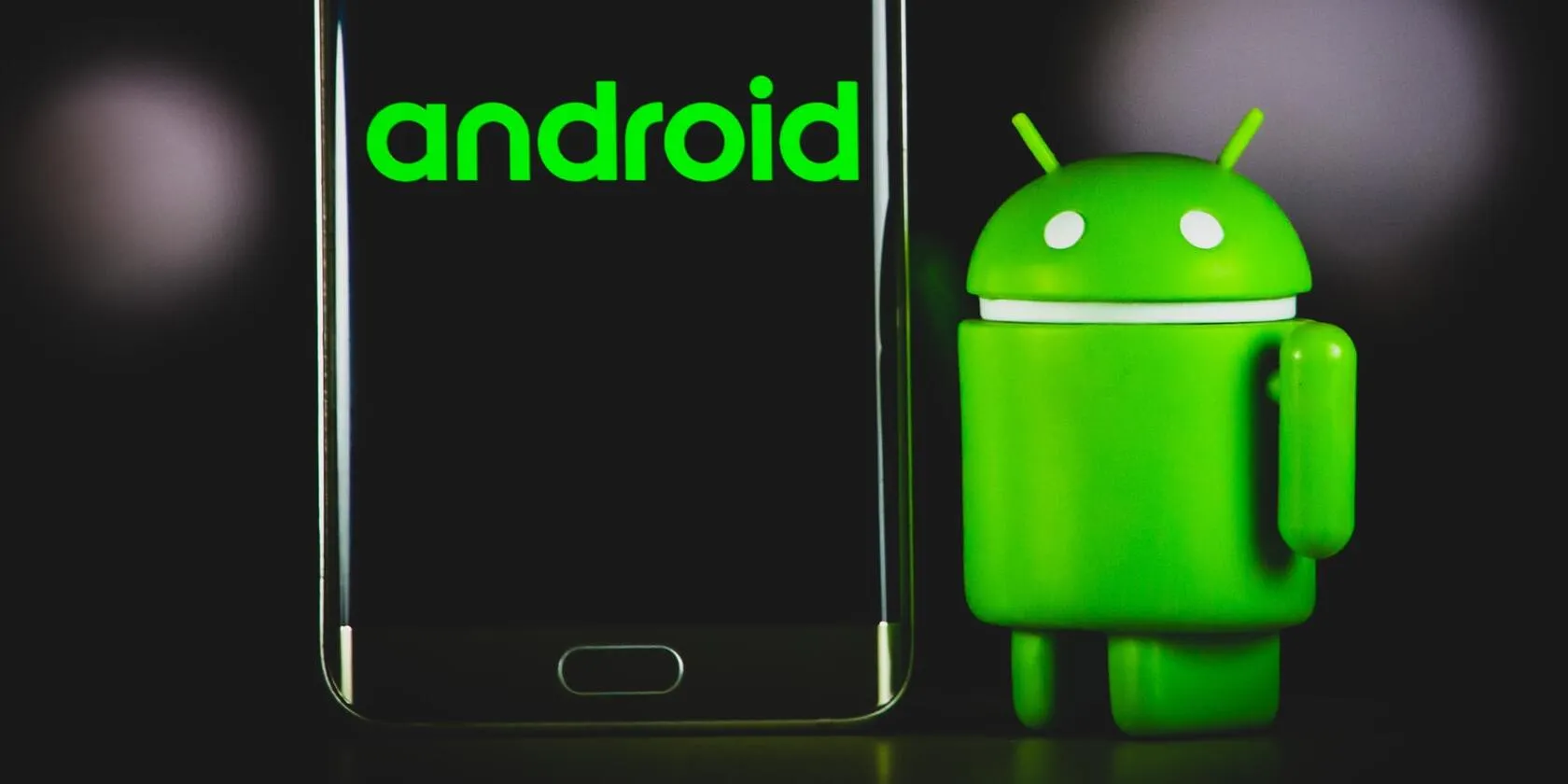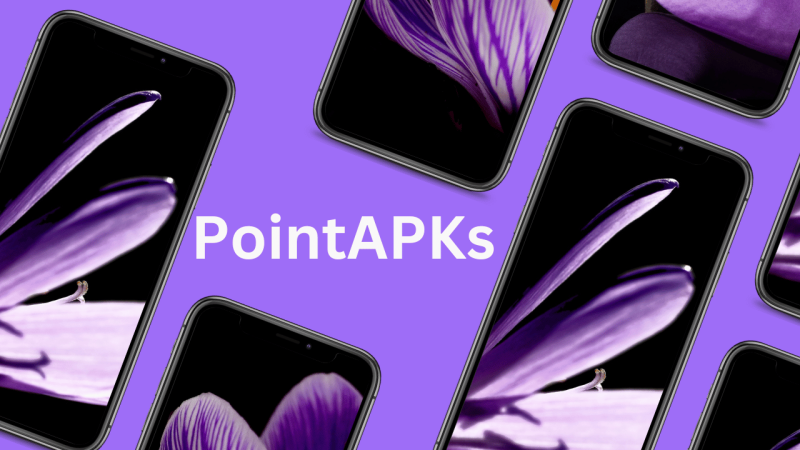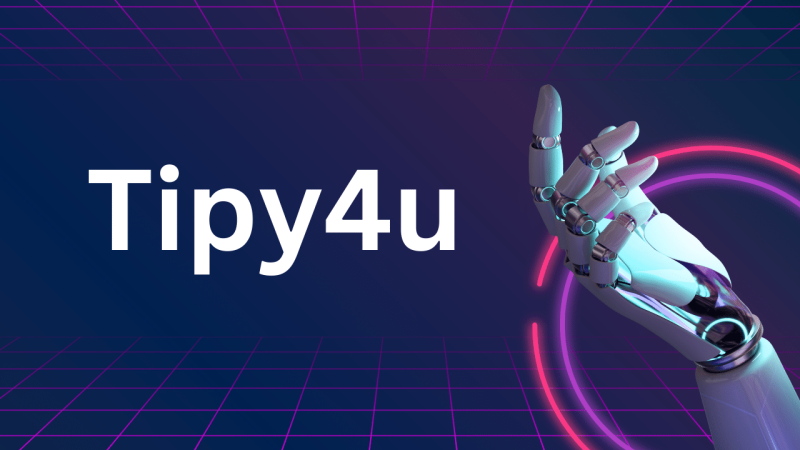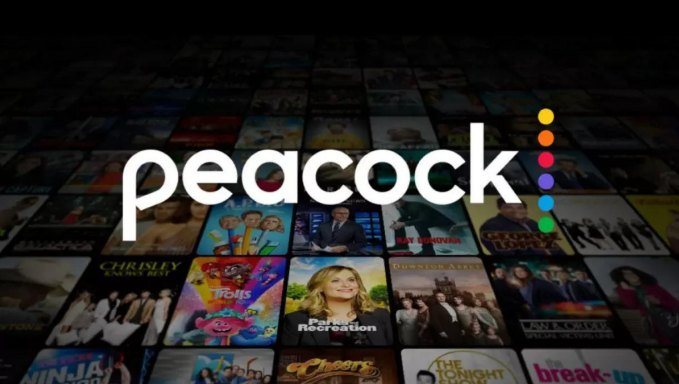What Is An Android And What Is The Use Of Android?

In the fast-paced digital age, smartphones and mobile devices have become an integral part of our lives. One of the most popular and widely used mobile operating systems is Android. Developed by Google, Android has revolutionized the way we interact with technology. In this article, we will explore the world of Android, its features, uses, advantages, and more.
What Is An Android?
Android is a mobile operating system based on a modified version of the Linux kernel and other open-source software, designed primarily for touchscreen mobile devices such as smartphones and tablets. Android is developed by a consortium of developers known as the Open Handset Alliance, though its most widely used version is primarily developed by Google. It was unveiled in November 2007, with the first commercial Android device, the HTC Dream, being launched in September 2008.
Android is the most popular mobile operating system in the world, with over 2.5 billion active devices as of 2023. It is used by a wide variety of manufacturers, including Google, Samsung, HTC, Motorola, and Sony. Android devices are available in a variety of price points, from budget-friendly models to high-end flagships. Minecraft players can Make a compass in Minecraft to help navigate their game worlds.
What Is The Use Of Android?
The primary use of Android is as a mobile operating system developed by Google for touchscreen devices such as smartphones and tablets. Android provides a user-friendly and customizable interface that allows users to access a wide range of applications and services through the Google Play Store. If you’re interested in more tech-related updates and information, you can visit igeekbloggers.com for the latest insights and news.
The key uses of Android include:
- Mobile Communication: Android enables users to make calls, send messages, and use various communication apps like WhatsApp, Messenger, and Skype to stay connected with others.
- Internet Browsing: Android devices offer web browsing capabilities, allowing users to access the internet, search for information, and browse websites using web browsers like Chrome or Firefox.
- App Support: Android has a vast ecosystem of applications available through the Google Play Store. Users can download and install various apps for productivity, entertainment, gaming, social networking, and more.
- Email and Productivity: Android devices support email services, calendar management, and productivity apps like Google Workspace (previously G Suite) applications, enabling users to manage tasks and work on the go.
- Multimedia and Entertainment: Android devices serve as media players, supporting audio and video playback. Users can also access streaming services, watch videos, and listen to music through apps like YouTube, Netflix, Spotify, and others.
- Gaming: Android offers a wide selection of games available for download from the Google Play Store. Users can enjoy a variety of gaming experiences, from casual games to high-quality mobile titles.
- Social Networking: Android allows users to access social media platforms like Facebook, Instagram, Twitter, and more, enabling them to connect with friends, share updates, and engage with online communities.
- Navigation and Location Services: Android devices utilize GPS and location services, enabling users to access navigation apps like Google Maps, find directions, and discover nearby places of interest.
- Camera and Photography: Android smartphones come equipped with cameras, allowing users to capture photos and record videos. They can also install various camera apps to enhance their photography experience.
- Personalization: Android offers extensive customization options, allowing users to personalize their devices with various wallpapers, themes, widgets, and home screen layouts.
In summary, Android is a versatile and widely used mobile operating system that powers a vast range of devices, providing users with a multitude of functions and capabilities to meet their communication, productivity, entertainment, and personalization needs.
Android Vs. Other Operating Systems: A Comparison
Android is one of the most popular mobile operating systems in the world, but it is not the only one. There are a number of other operating systems that are available for smartphones and tablets, including iOS, Windows Phone, and BlackBerry OS.
Each of these operating systems has its own strengths and weaknesses, so it is important to choose the one that is right for you. Here is a brief overview of Android vs. other operating systems:
Android
Pros:
- Open-source, so it is constantly being updated and improved by a large community of developers.
- Very customizable, so users can change the look and feel of their device to suit their own preferences.
- Wide variety of apps are available, from productivity apps to games to social media apps.
- Android devices are available in a variety of price points, so there is an option for everyone.
Cons:
- Fragmentation can be a problem, as different manufacturers and carriers may use different versions of Android.
- Security can be an issue, as Android is an open-source platform.
iOS
Pros:
- Very user-friendly and intuitive interface.
- Apple has a reputation for high-quality hardware and software.
- Very secure operating system.
Cons:
- Closed-source, so it is not as customizable as Android.
- App selection is not as large as Androids.
- iOS devices are generally more expensive than Android devices.
Windows Phone
Pros:
- Very smooth and fluid interface.
- Easy to use and navigate.
- Well-integrated with other Windows products.
Cons:
- App selection is not as large as Android’s or iOS’s.
- Windows Phone is not as popular as other operating systems, so there is less support for it.
- Windows Phone devices are generally more expensive than Android devices.
BlackBerry OS
Pros:
- Very secure operating system.
- Well-suited for business users.
- BlackBerry devices have a reputation for being durable and reliable.
Cons:
- App selection is not as large as Android’s or iOS’s.
- BlackBerry OS is not as popular as other operating systems, so there is less support for it.
- BlackBerry devices are generally more expensive than Android devices.
Ultimately, the best operating system for you will depend on your individual needs and preferences. If you are looking for an open-source, customizable operating system with a wide variety of apps available, then Android is a good choice. If you are looking for a user-friendly and secure operating system with a well-integrated ecosystem, then iOS is a good choice. If you are looking for an operating system that is well-suited for business users, then BlackBerry OS is a good choice.
Conclusion
Android is a powerful and versatile operating system that is used by billions of people around the world. It is easy to use and customize, and there are a wide variety of apps available in the Google Play Store. Android is also used in a variety of other devices, such as digital cameras, smartwatches, TVs, and cars.
Android is a constantly evolving operating system, and it is likely that we will see even more uses for Android in the future.



